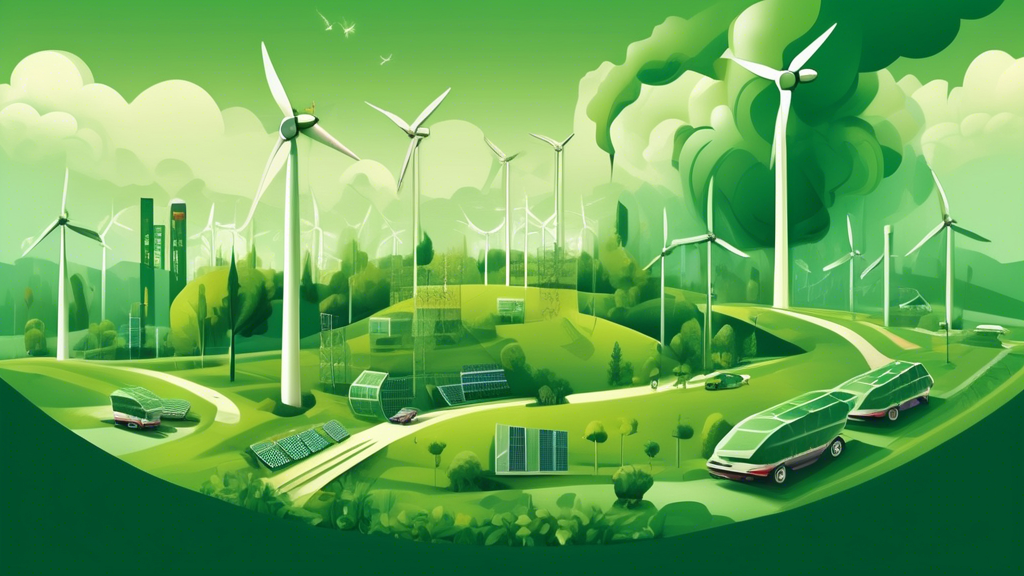
Green Energy Transition Is a Costly Myth, Says Expert and Isn’t Happening
In a thought-provoking analysis, experts are questioning the widely accepted notion of a rapid green energy transition. With rising concerns about its economic viability and practical execution, the narrative surrounding green energy is being reevaluated.
Economic and Practical Challenges
A prominent argument against the green energy transition is that moving away from fossil fuels is fraught with complexities and unexpected costs. Experts contend that the financial burden of this transition is often underestimated. The expense involved in shifting infrastructure and technology raises questions about the sustainability of such a widespread overhaul, suggesting that the transition may not be as economically feasible as advocates claim.
Resource Dependencies
The reliance on rare-earth elements and other critical materials forms another significant barrier. As green technologies advance, the demand for these scarce resources, crucial in producing wind turbines and electric vehicle batteries, increases. This dependency could disrupt supply chains, especially when access to these resources is limited or politically unstable, underscoring the vulnerabilities inherent in a transition to green energy.
Energy Demand and Supply
Despite the push for renewable energy, traditional sources such as oil and natural gas remain pivotal in meeting current energy demands. Experts argue that these fossil fuels are essential for various sectors, including transportation and heating, and will likely continue to be so for the foreseeable future. This reality suggests that a complete pivot to renewable energy may not only be impractical but could also lead to energy shortages.
Market and Technological Readiness
Addressing the readiness of emerging green technologies reveals further challenges. For example, hydrogen fuel cells are still battling a lack of market viability and adequate infrastructure. The reluctance of businesses to invest in these technologies raises critical questions about the timeline needed for a successful transition and suggests that leapfrogging technology may not be as immediate as called for by proponents.
Environmental Realities
While green energy is often touted as more environmentally friendly, the production of renewable energy comes with its own set of environmental repercussions. Large-scale renewable energy projects require significant land use, and mining for rare-earth elements can lead to serious ecological damage. This paradox highlights the need for a holistic assessment of environmental impacts associated with both renewable and fossil fuel energy sources.
Policy and Regulatory Issues
The current regulatory landscape poses additional challenges for the green energy transition. Critics point out that existing policies may not effectively promote sustainable practices in the long run. The unpredictability of regulatory frameworks may discourage investment, as stakeholders navigate the complexities of changing policies that can affect the viability of green projects.
Global Context
On a global scale, achieving carbon neutrality is a formidable challenge that necessitates a comprehensive approach. Experts argue that it is crucial to consider the economic and social realities alongside environmental benefits. A balanced strategy that accommodates these factors may better serve the goal of a sustainable future than an exclusive, hasty shift towards renewable energy sources.
In conclusion, the prevailing narrative of a swift transition to green energy is being scrutinized by experts who highlight the multifaceted challenges and impracticalities of such a shift. They advocate for a more nuanced understanding and a balanced policy approach to ensure the viability and sustainability of our energy systems moving forward.
